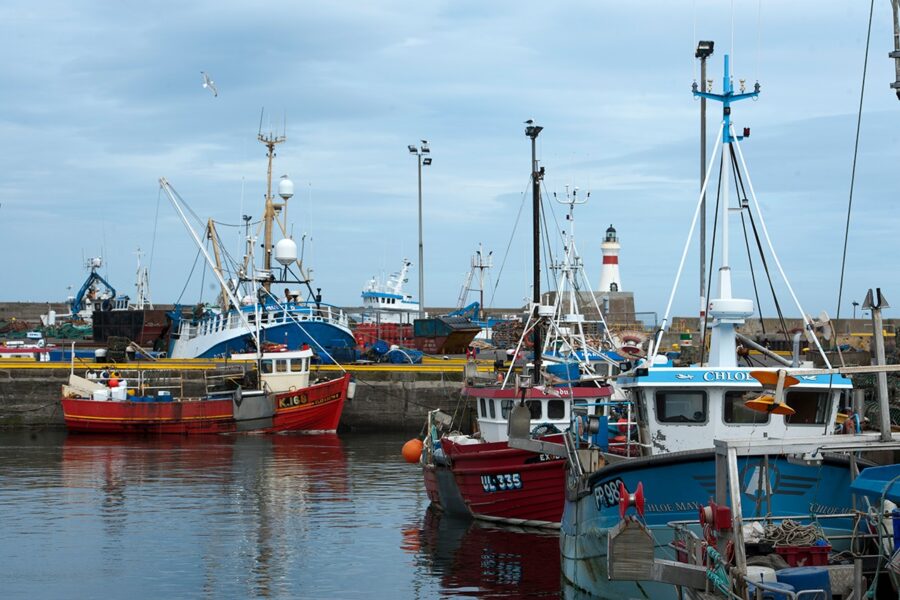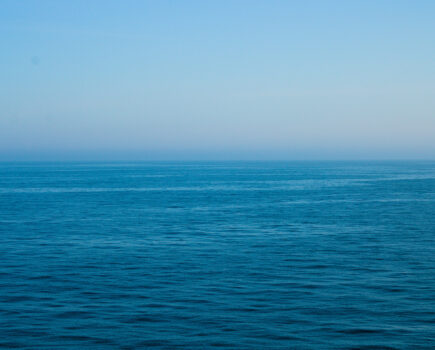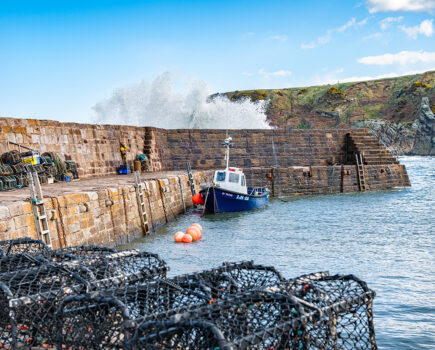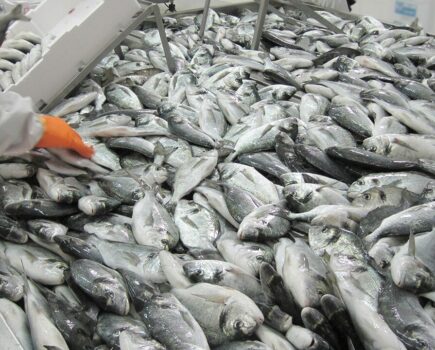The total operating profit of the UK fishing fleet fell by almost a fifth in 2020, as the sector dealt with the impacts of the Covid-19 pandemic.
Data published on 22 June by Seafish shows that:
- Operating profit fell by 19%, from £264m in 2019 to £214m in 2020
- Turnover, which had been above the £1bn mark for the previous three years, fell to £843m – a 17% reduction.
These totals include £18.6m of grants paid directly to fishing businesses by the UK government and devolved administrations. While this support helped some businesses to keep cashflows positive, many have reduced their fishing effort or changed the species they target to stay in business.
The total weight landed by the fleet was around 620,000t. This was close to the 2019 figure. However, fishing income fell from £990m in 2019 to £806m in 2020. This was due to lower levels of fishing activity and lower fish prices.
Operating costs decreased from £757m in 2019 to £629m in 2020. This fall in costs is attributed to lower levels of activity and reduced fuel prices. The total spent by the fleet on fuel in 2020 was an estimated £91m. This was 31% lower than in 2019. The average cost of fuel fell from 49.5p per litre in 2019 to 37.1p per litre in 2020.
Crew costs also decreased on the previous year, falling from £272m to £216m. With many workers on fishing vessels paid through crew share agreements, this drop likely means a reduction in their incomes.
The total number of active fishing vessels fell from 4,548 in 2019 to 4,301 in 2020. More vessel operators licensed to fish opted to remain in port in 2020. The number of inactive vessels grew to 1,692, a 16% increase on 2019.
Commenting on the results, Arina Motova, chief economist at Seafish, said: “The global pandemic has affected every part of our lives, so it’s no surprise that the UK fishing fleet had a challenging year in 2020. The impacts can be seen in the figures published today, which show overall operating profits falling by 19%.
“These are top-line average figures, and different parts of the fleet have had different experiences. For example, vessels normally supplying shellfish into hospitality markets were acutely affected. Overall, Nephrops trawlers and scallop dredgers saw fishing income drop by 39% in 2020 compared to 2019. Elsewhere, those catching mackerel enjoyed higher quotas and relatively stable average prices.
“2020 has again shown the resilience of the UK fishing fleet in extremely challenging times. Most vessels could not avoid tying up or reducing their activity for a period. That said, adaptation, diversification and collaboration have kept vessels fishing and the seafood supply chain moving.
“While it’s too early to understand the full impact of the pandemic on the economic performance of fishing vessels, these figures do give us an early indication of the situation. We expect to see more detail as company accounts are filed next spring.”
The figures are based on preliminary landings data and the results of Seafish’s 2020 survey of the UK fishing fleet.
This new data has now been added to Seafish’s interactive Fleet Enquiry Tool. An updated Seafish Fleet Economic Performance dataset, which spans 2010-2020, has also been released. Both allow for the data to be broken down into fleet segments, by home nation and by port of landing. Links to these resources can be found on the fishing data and insight page of the Seafish website.
The full 2020 ‘Economics of the UK Fishing Fleet’ report will be published in the coming weeks.
The 2021 survey of the UK’s fishing fleet will get underway in July. Seafish researchers will be able to visit ports and harbours this year, where restrictions allow and following health and safety protocols.
Vessel owners willing to participate should email: fleet.survey@seafish.co.uk with their name, email and/or phone number and port of operation.
This story was taken from the latest issue of Fishing News. For more up-to-date and in-depth reports on the UK and Irish commercial fishing sector, subscribe to Fishing News here or buy the latest single issue for just £3.30 here.








